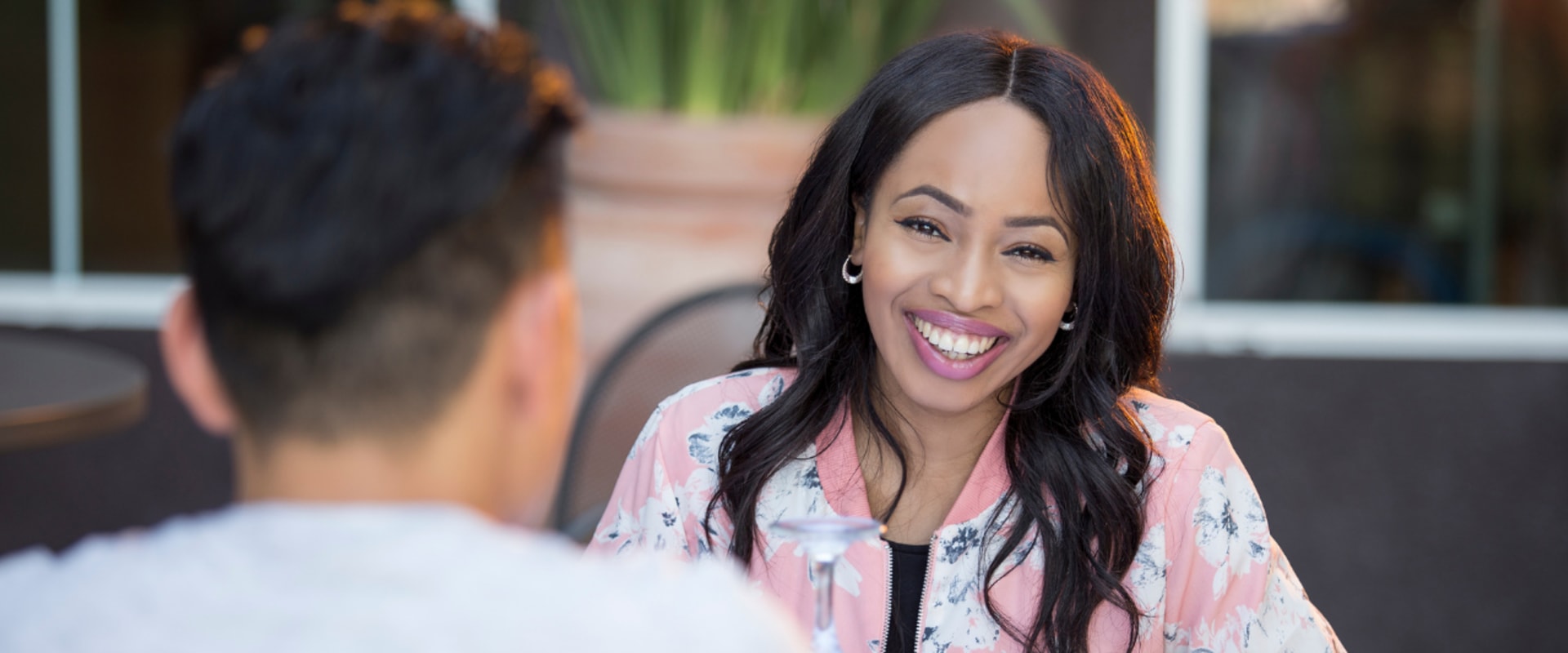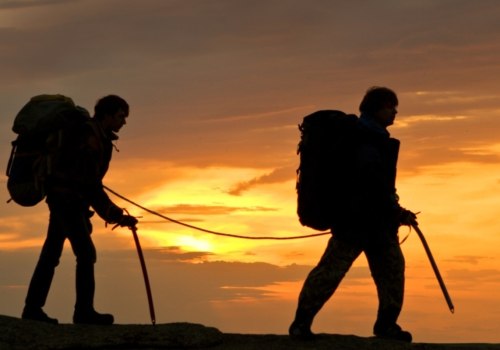It's not odd to datewhen sober. But there's no reason for it to interfere with your dating life,whether you never touch anything or just stop drinking. Come to our Blue Lightconference on working with extremely vulnerable, dependent drinkers on October18 if you can. You can spend time together when sober dating with a clear headand present-focused concentration.
Making connectionswithout the use of drugs or alcohol strengthens and authenticatesrelationships. When it comes to drinking, the question itself can frequentlycause unintended triggers and reactions. More than just finding a place to meetoutside of a bar, sober dating involves actively holding both you and the otherperson responsible for maintaining sobriety. In general, 12-step communitiesadvise against dating during the first year of sobriety.
This helps youmaintain your sobriety and guards against unintentionally substituting the highfrom drugs or alcohol with the high from romantic adulation.
A person's perspectiveon the world alters as a result of a substance abuse issue, and recovery has asimilar effect. Addiction to drugs or alcohol may drastically alter a person'slife, thus restoring their life is essential to successful rehabilitation. Therealities and guidelines of sobriety following addiction are even more obviouswhen it comes to interpersonal connections. A sober dating manual is crucial tocomprehending how matters of the heart change, whether you're a client or acompanion.
In the wake of theirrecovery, many treatment programs actively or passively discourage theirparticipants from engaging in romantic or sexual relationships. In The Fix, a33-year-old guy who had been clean for eight years follows the advice of his AAsponsor and forgoes dating for six months.
Although dating duringthe early stages of sobriety is not expressly forbidden by AlcoholicsAnonymous' official policy (as outlined in the Big Book), refraining fromrelationships is an important topic of discussion. A sex coach who spoke to TheFix notes that drug and alcohol misuse changes how people view themselves andthose around them; by the time they are sober, they have no idea who they are.It is nearly impossible to establish stable, healthy ties with other people withoutthat feeling of self. Bridges that were damaged by the addiction can berepaired in large part through therapy and aftercare assistance, but datingtakes much more effort (and time) than merely rekindling a friendship.
According to the sexcoach, those in recovery must spend a lot of guided time getting to knowthemselves to begin a romantic or sexual relationship, particularly who theyare when they don't have a drink in their hand and when the person they areattracted to is not the type of person they would have been interested induring their drinking days. These epiphanies and discoveries don't happenquickly, like within a few weeks (or even months). As a result, it is generallyaccepted that those in recovery shouldn't date for the first year of theirsobriety.
The 33-year-old manreturned to the dating scene as a fully devoted and involved participant in histreatment program after avoiding it studiously for the first six months. Buthis initial attempts at sober dating were terrible; he spent five years dating"messed up speed freaks." Eventually, he realized that, even withouta drink or drug in his hand, the allure of hanging out with people who wereusing drugs themselves was alluring — even, to use his words, "hot."
Furthermore,"regular" sober dating could appear dull in comparison. A recoveringindividual can still vividly recall the drama and stress of a relationshipimpacted by substance misuse. Despite the arguments and breakup threats, beingin that kind of relationship had an edge and provided excitement. Thatsensation, which is absent from a sober life, has the potential to be a drug inand of itself (and especially not in sober relationships).
Additionally, somepeople find it liberating (or even relieving) to date someone who also struggleswith substance misuse since it removes them from the role of the"patient" in the relationship. For once, the focus is on the otherperson, whether it's favorable or unfavorable. Without drinking a drop, theperson in recovery can partake in all the good and terrible that comes withthat area.
People should avoiddating during the early stages of their recovery for the same reasons; theyshould also avoid going to places and attending events that might prove to betoo challenging (like bars, nightclubs, certain parties, sports events, etc.).The alternative may involve leaving early, being alone yourself, or beingperceived as the "boring" one, but it involves flirting withdisaster. People who are in recovery need to take their recovery seriously,which means they shouldn't get too fixated on finding a mate. Codependence,which is sometimes referred to as "relationship addiction" since suchrelationships are typically one-sided, abusive, and emotionally damaging - muchlike the original drug abuse problem - is bred by rushing into a relationship.
A person in recoveryshould also avoid dating other individuals in recovery as an additional measureof safety. It could be dangerous to combine the sensitivities and weaknesses ofother program participants. According to Psych Central, "recoveringaddicts need support," but while encouragement from others on the samepath is priceless, the line between assistance and unhealthy dependence blursquickly. Relapse is always a possibility for everyone receiving treatment.Being intimately engaged with someone for whom that possibility also existsconsiderably enhances the likelihood that the two will relapse into their oldpatterns, only this time, they will do so jointly.
One individualadmitted to The Fix that despite being in Narcotics Anonymous for four years,she still found herself in the same kinds of "train wreckrelationships" that marked her years as an addict. She recommitted to hertreatment plan after her inevitable relapses. She didn't date anyone for eightmonths after being sober, allowing herself time to spot the warning signs thather previous self had not been prepared to perceive. A partner who couldappreciate and support her sobriety would also respect and support her as alove partner, she learned from her experiences and her treatment.
The path to a healthyrelationship is to take it "very, very gradually," in the words of asexologist and certified addiction counselor. This is not an easy lesson foranybody to learn, much less someone in recovery. A sober person needs to givethe relationship a chance to grow, whether they are mending the fence withtheir spouse or romantic partner or moving forward with someone new. This couldentail delaying intimacy for a (long) time until the other person has made aclear commitment to the relationship and both people are on the same page; itcould also entail numerous dates and meetings with little to no physicalcontact.
It can imply that thefirst few dates weren't particularly "romantic." The key idea here isthat sobriety needs to be prioritized right away. The relationship should endbefore any long-term harm is done if anything about it threatens to derail theprocess, such as if the partner wants to initiate sex before the person isready or if the partner displays discontent with the person's sober lifestyle.Damage will unavoidably result from a relationship built on a bad basis, asthose who have spoken to The Fix can attest.








Leave Reply